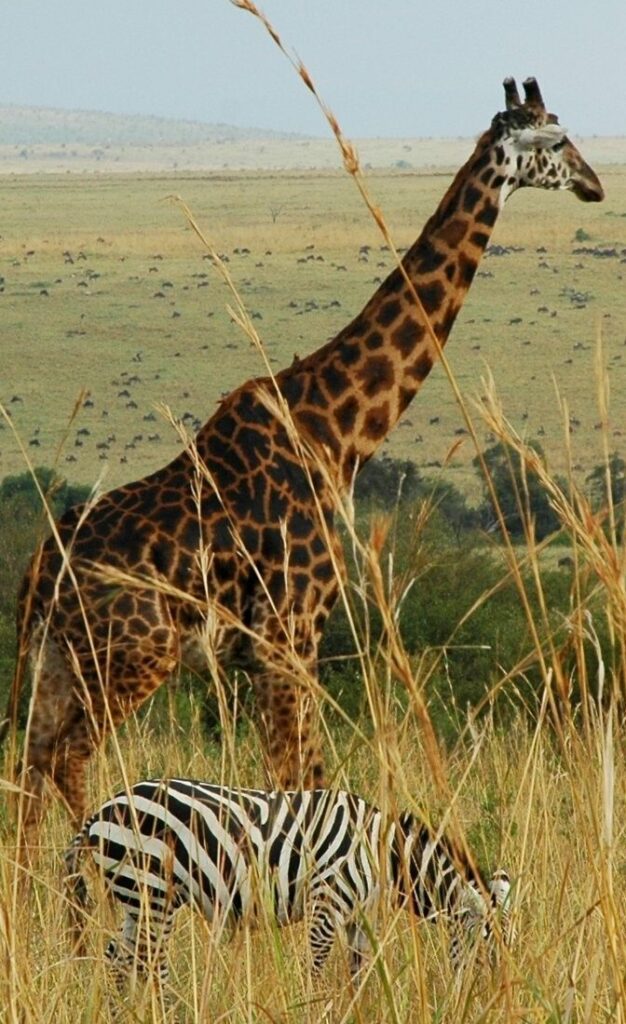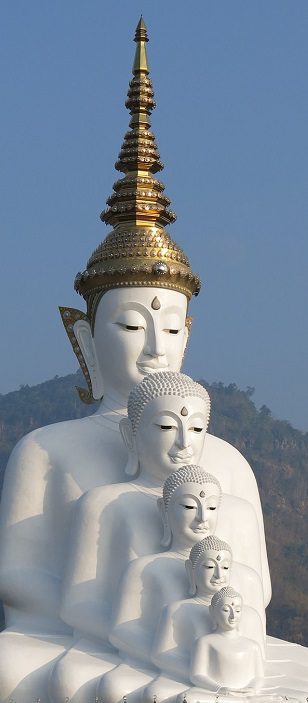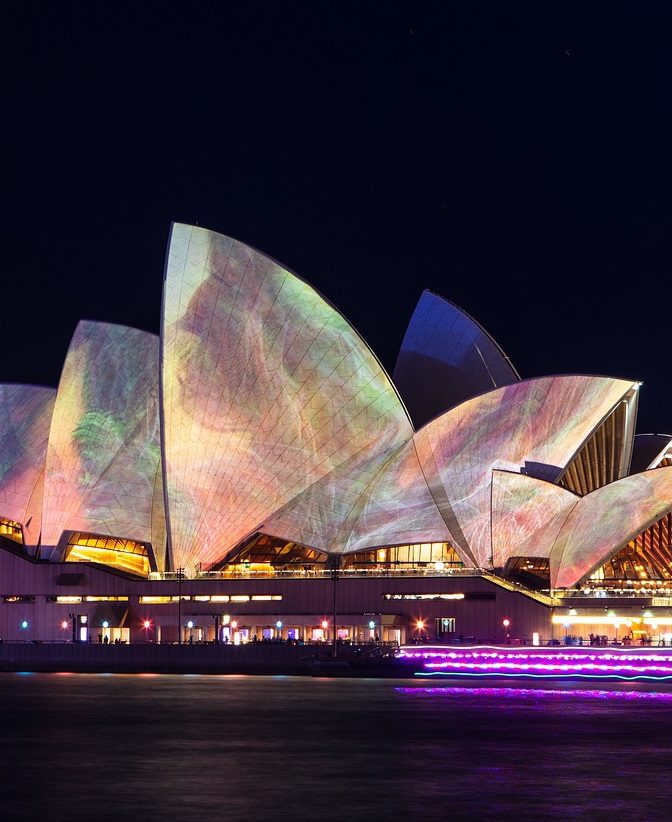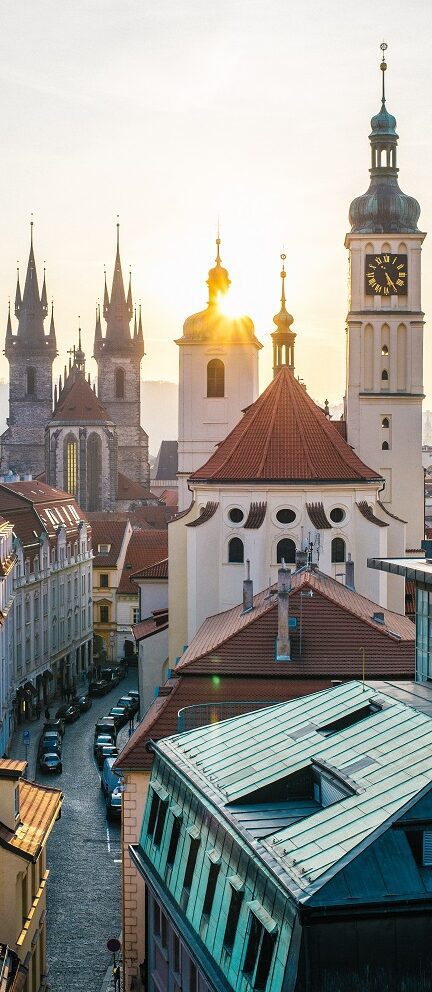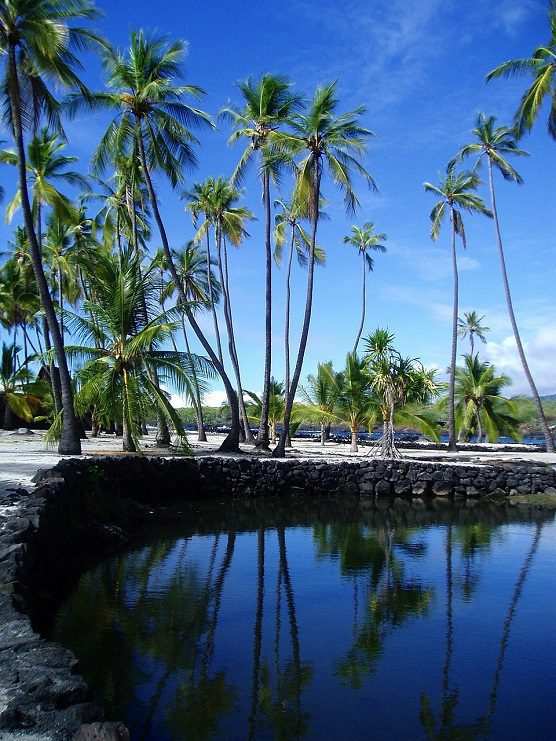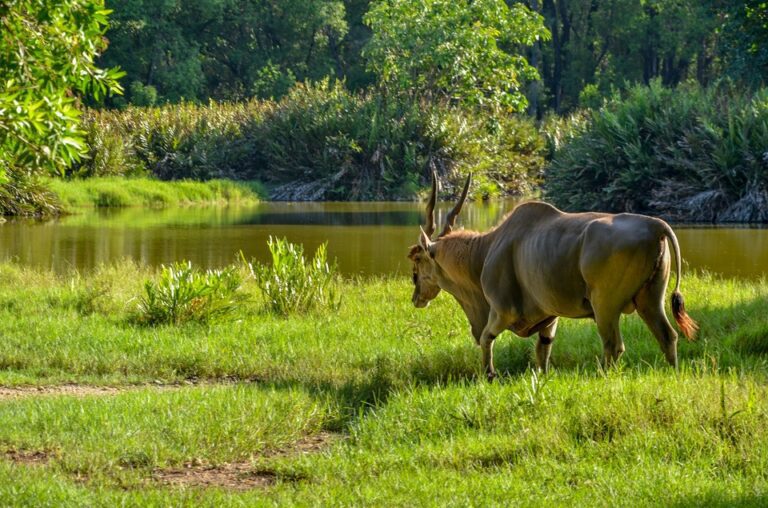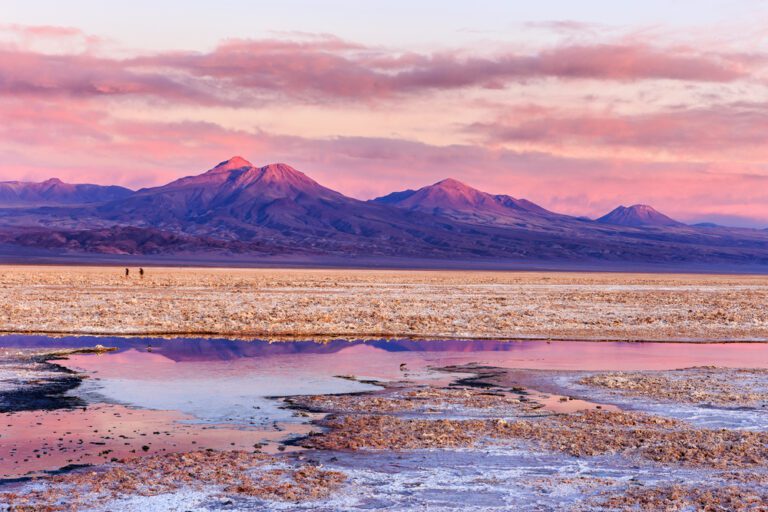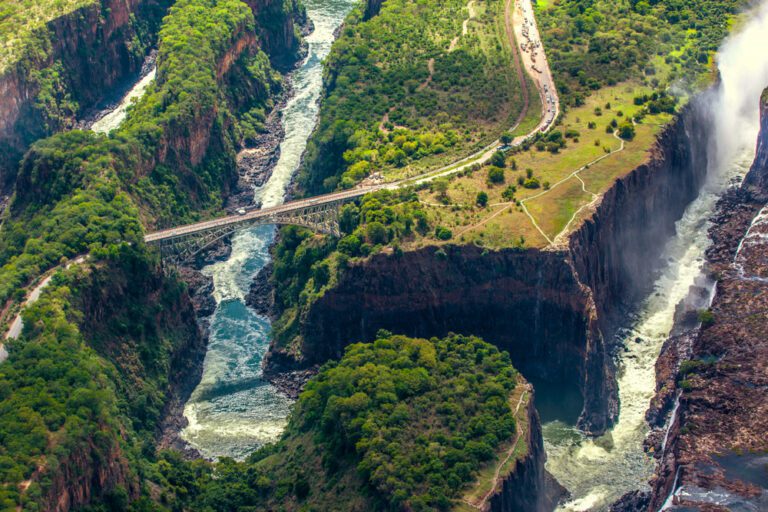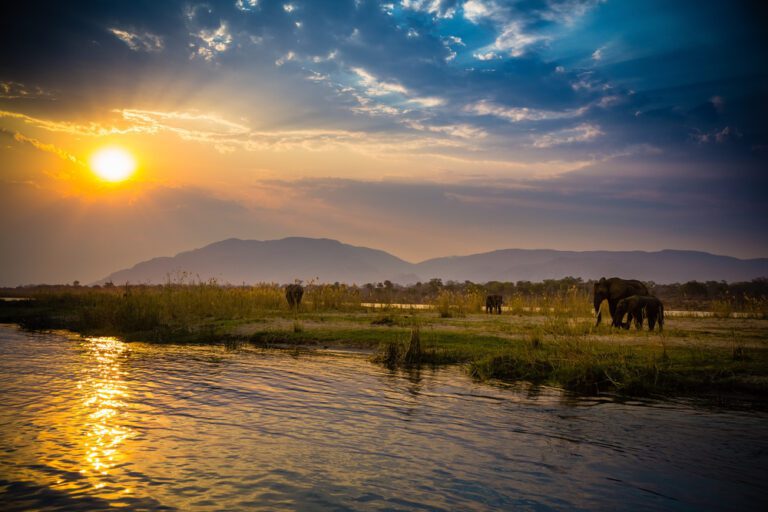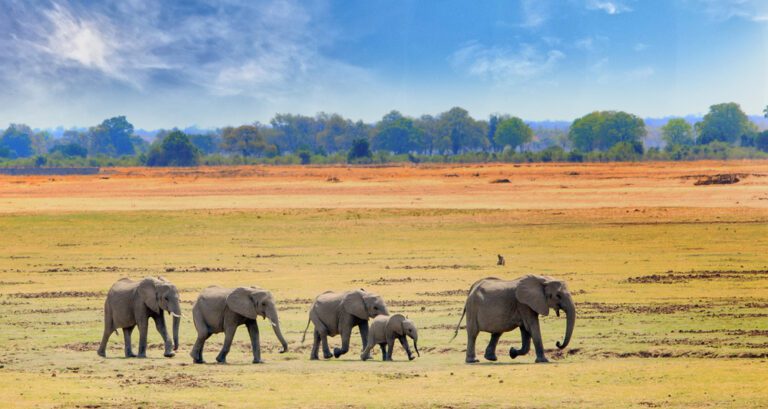There’s an unwritten rule that when a full moon shines on the village of Caraiva, it’s lights out. Once a month, the 300 residents of this curious Brazilian beachside community synchronise their switch-off, so that their sandy streets are illuminated only by flickering candles and an ethereal lunar luminescence. Squeezed between the Atlantic and the Rio Caraiva, and hemmed in by Monte Pascoal National Park, this sleepy spot occupies a spit of land on Brazil’s east coast. Essentially cut off from the mainland and the modern world – there are no roads, cars or bridges, and electricity only arrived in 2008 – Caraiva has retained a sense of yesteryear. The hippies turned up in the 1970s as whispers spread of this secret, sundrenched idyll.
Its location on southern Bahia’s undeveloped coast has helped it remain off the radar but I’d heard rumours, and was lured by the promise of miles of pristine, deserted shores, quiet little towns and endangered indigenous peoples. The nearest city is Porto Seguro, 100km to the north. With guide Alex behind the wheel (driving a little too fast for comfort), we sped along unpaved roads passing infinite papaya plantations, fields of coffee and blink-and-miss-them villages with endearing names such as Vale Verde (Green Valley). “I holidayed in Caraiva as a child. Back then it took us three days to get there along this road – we were forever getting stuck in the mud,” said Alex. “I want to retire there. It’s paradise. Many Brazilians know about it but it’s still hard to get to, so few bother visiting.”

Caraiva (pronounced kara-ee-va) appeared on the other side of a cloudy river: small huts painted in almost fluorescent shades of pink, yellow, blue and green against a backdrop of tropical plants. Breeza was waiting to meet us on the dock. She had big brown eyes and dark hair speckled with grey – and just like all the other ‘taxis’ waiting nearby, she was chomping on the long grass. “There are no cars here, so all the taxis in Caraiva are horse and carts,” explained Alex as Breeza set off, bound for our guesthouse. The short journey took us along a narrow sandy street where geese waddled and men sat under shady palm trees sipping beer. A lady stood in the shallows, descaling a red snapper for that evening’s dinner. Alex sighed: “Man, I love this place.”
